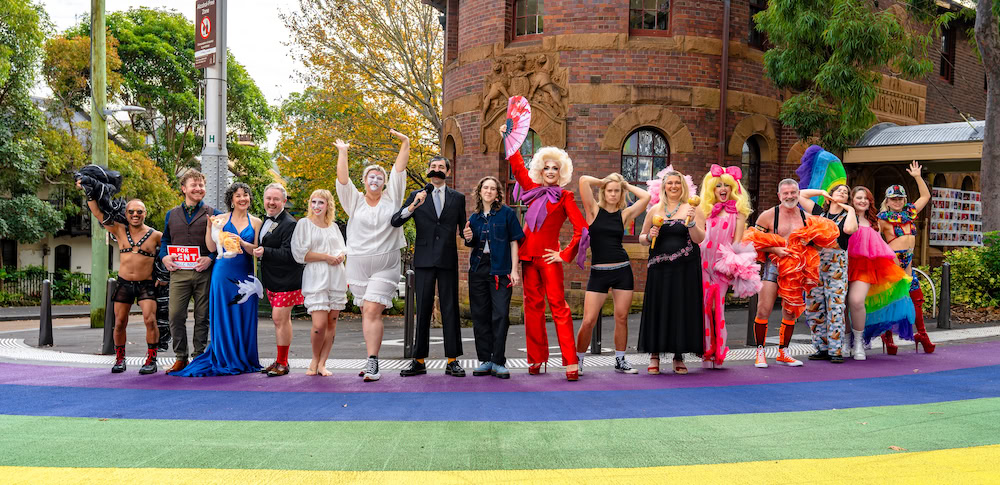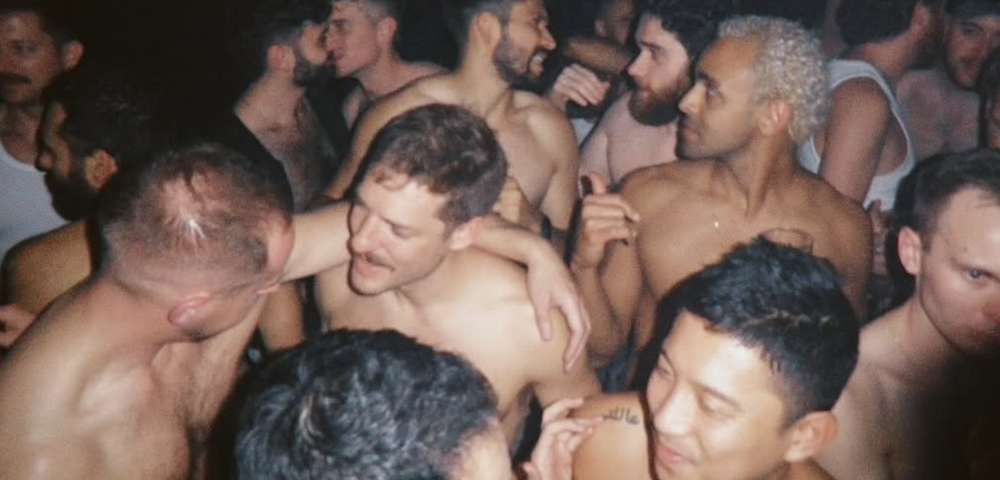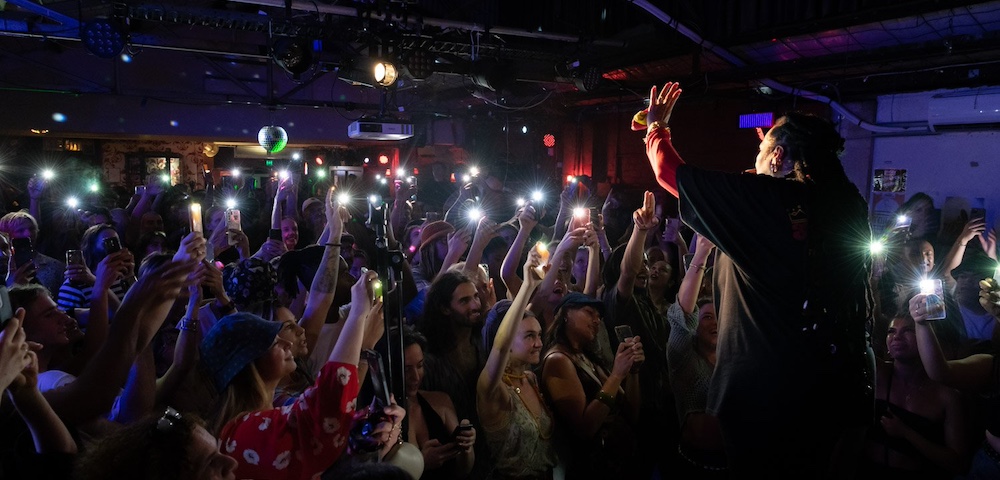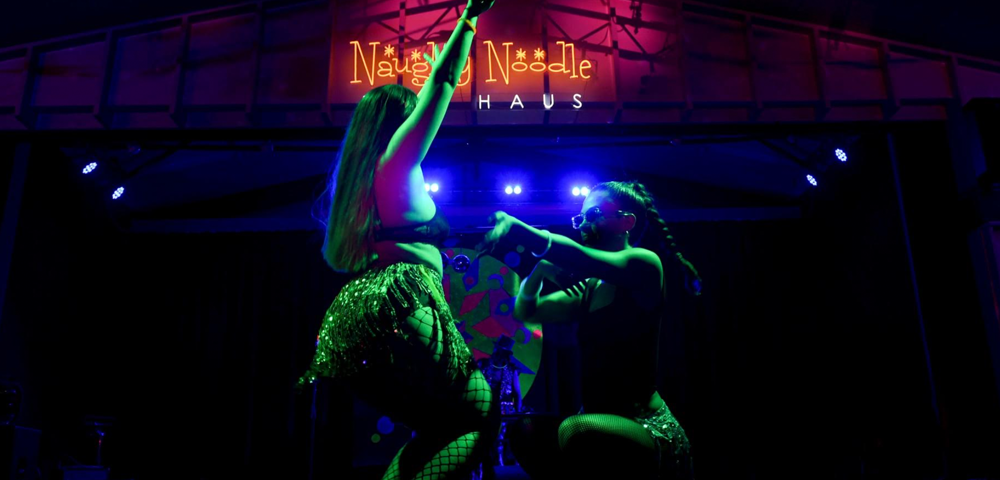
Stonewall cleared over ceiling collapse
The owners of the Stonewall Hotel could not have foreseen their ceiling would collapse, the NSW Supreme Court has ruled.
Early on the morning of November 24, 2002, sections of Stonewall’s first floor ceiling collapsed, injuring dozens of patrons.
It was an unforeseeable event, the court ruled in a case brought by one person affected. The plaintiff will not be able to seek damages and the decision is likely to deter seven others who had intended to launch similar cases.
The plaintiff attempted to show Stonewall had failed in its duty of care to patrons, and that an engineering company hired to inspect the premises’ floors had acted negligently.
Judge J Hoeben ruled against the plaintiff on all counts, finding that because the contractor had been hired to inspect floors, there was no onus to inspect all other aspects of the hotel.
“In this case, the question of foreseeability would relate purely to the structural integrity of the floors, not to the ceilings attached to them,” he found in his ruling.
“Stonewall was unaware of any other physical or safety defects affecting the hotel,” and was therefore not liable for patrons injured on the night.
Stonewall director Richard Foo said he was pleased with the findings, although he regretted people had been injured.
“I think we did everything we could to ensure that it was safe,” he told Sydney Star Observer.
“We definitely didn’t think it would do that. It’s just sad that people were injured.”
He assured that everything had since been replaced and repaired.









